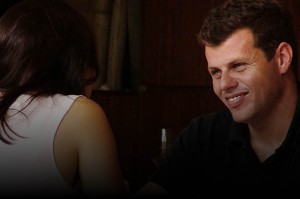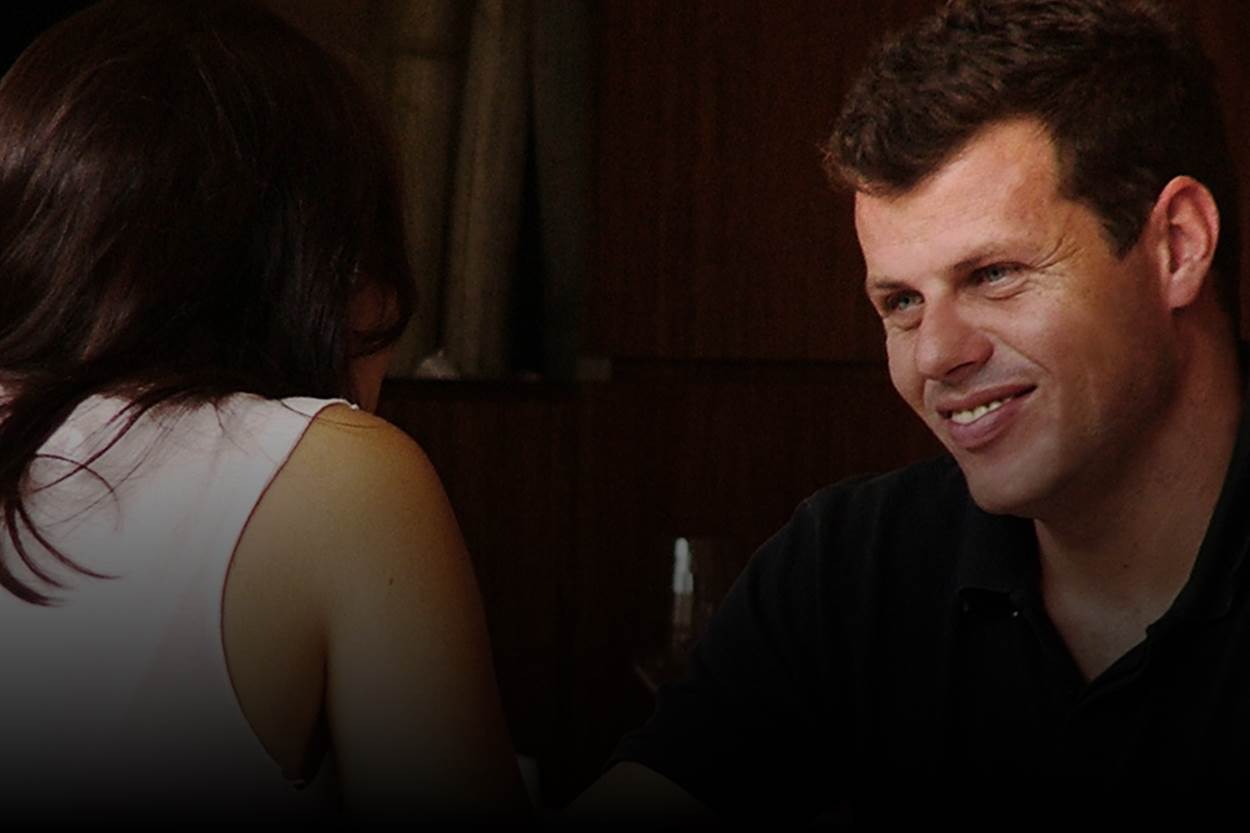
1. I’m Not the Most Important Thing in the World
I understand my place in the world and I understand that I am not personally the most important character in the universe. There are causes, institutions, truths and even people worth defending and dying for. Sacrifice is a virtue. Humility is a necessity. It’s not all about me.
2. I Can’t Have Whatever I Want, Whenever I Want It
There are lots of things I might like to possess, but there’s a difference between “want” and “need”, and I’d be wise to understand this difference. There are lots of things that are more important than the stuff I thought I wanted, and a life without struggle has little or no meaning. I may also have to wait for the things I need. People who don’t understand how to wait are a pain in the butt, and last time I looked, “patience” was considered a virtue by just about everyone.
3. I Must Accept Personal Responsibility
I need to stop asking others to take care of the things I’m supposed to take care of. I shouldn’t expect others to do for me what I could have done for myself. I understand some people fall on hard times. When that happens, I want to help personally. I’m not going to assign my charity to someone else (even when that someone else is the government).
4. I Need to Work Hard, Before I Play (or Spend) Hard
It’s OK to goof off, but not until I’ve taken care of my responsibilities. Work comes before play or I’ll have so much fun playing that I’ll never work! There is joy in work, and I have to make the conscious decision to find joy in the work I’ve decided to engage. I also have to live within my means. Yes, I often wish I had more, but credit needs to be reserved for the most expensive essentials of life (like housing). The only cards I better find in my wallet are debit cards.
5. My Charity Can’t Be Coerced
I’d like to think I’m a generous person and I understand the importance of contributing to our society’s infrastructure; I’m a civil servant, after all. I also want to help those who find themselves in need, but I’d like my charity to be honored rather than coerced. Forced charity is an oxymoron. I’d like the right to decide how best to help those with less.
6. My Character is More Important Than My Comfort
I expect to have to endure some tough times; I’m not afraid of hardship. In the midst of the hardship, however, I know something wonderful will emerge. I understand that character is developed during hard times, so bring it on.
7. I Know It’s Important to Be Thankful and Resist the Urge to Complain
No one likes a whiner. Yes, I might be going through some tough times, but there is always someone who has it worse than I do. So I’ll do my best to shut up and get through it without all the drama. I need to stop taking things for granted; I know I have more than I deserve and there is much to be thankful for. So, while it’s in my nature to complain and bellyache, I’ll do my best to adopt an attitude of gratitude.
8. I Need to Be Faithful
I found a “life mate” and I’m determined to stick with that person for life. That’s why we call them “life mates” in the first place. I have decided to love, even when I don’t feel like it. My marriage means more to me than the person I am married to (and I mean that in a good way). I understand the value of a promise and I want my promise to mean something.
9. Our Children Are of Utmost Importance
Kids are more than just fun to have around (in fact, sometimes their no fun to have around); they are our most important asset. It’s in the context of children that I’ve discovered what it is to sacrifice, wait, love, laugh, hurt and help with homework. I am dedicated to my children and I respect the institutions and traditions we have formed as a culture to protect our kids. When push comes to shove, kids must come first.
10. I Will Sometimes Have to Defend the Truth
Yes, I’m an old fashioned modernist. Truth does exist, even if that idea makes people uncomfortable. Get over it. There will be times when I will simply have to stand up for what’s right, because, after all, some things are right and some things are wrong (and it’s more than simply a matter of my opinion). It’s OK to defend yourself from attack, and it’s OK to take a stand when you have to.
I’ve only been a Christian for seventeen years, but I’ve embraced these core principles for as long as I can remember. As I continue to conserve these ideas and pass them on to my own kids, I recognize their ability to connect with people of differing worldviews. Almost everyone conserves these important principles in the context of their own lives, even though they may sound like distinctly traditional, conservative, Christian values. Because these values are nearly universal, I think they provide us with the perfect opportunity to start talking about the Christian worldview, especially as we sit around the holiday dinner table. Once we recognize and affirm these common conservative values, I think it’s reasonable to ask which worldview best accounts for them. Read back through this list and justify these values first from a Christian worldview, then from a secular, atheist, materialist worldview. Which worldview does a better job grounding these values? That’s a conversation we should have with the people we love during this holiday season.

J. Warner Wallace is a Dateline featured Cold-Case Detective, Senior Fellow at the Colson Center for Christian Worldview, Adj. Professor of Christian Apologetics at Talbot School of Theology, Biola University, author of Cold-Case Christianity, God’s Crime Scene, and Forensic Faith, and creator of the Case Makers Academy for kids.
Subscribe to J. Warner’s Daily Email
J. Warner Wallace is a Dateline featured cold-case homicide detective, popular national speaker and best-selling author. He continues to consult on cold-case investigations while serving as a Senior Fellow at the Colson Center for Christian Worldview. He is also an Adj. Professor of Christian Apologetics at Talbot School of Theology, Biola University, and a faculty member at Summit Ministries. He holds a BA in Design (from CSULB), an MA in Architecture (from UCLA), and an MA in Theological Studies (from Gateway Seminary).

































